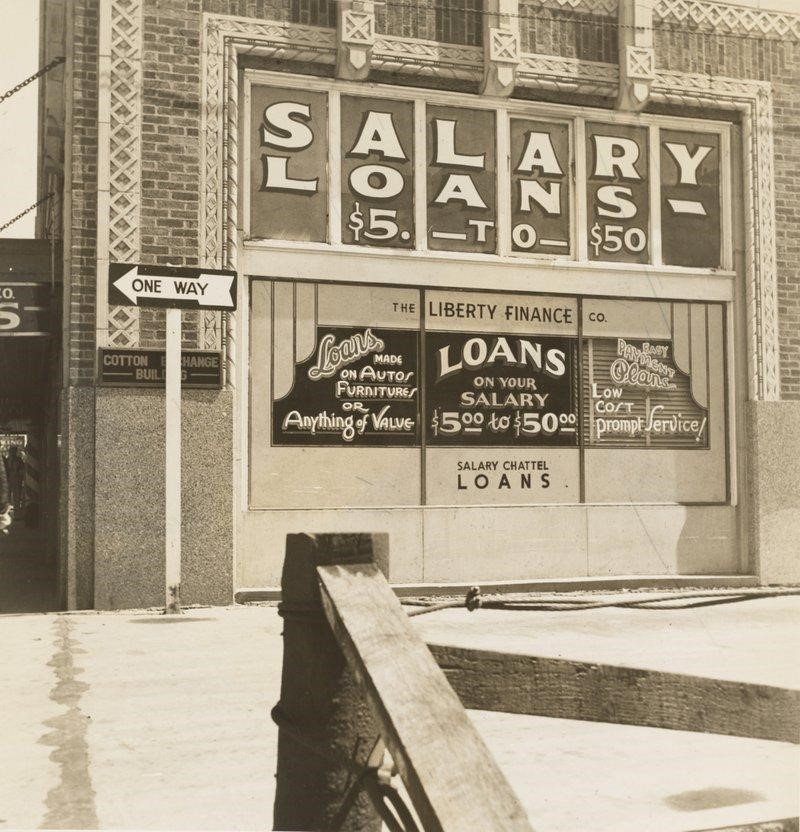Private Lenders and Hard Money Loans
Are you searching for a way to gather quick funds for a project or investment? You may need to turn to private lenders and take out a hard money loan to make that happen. Many people turn to hard money loans to help achieve their short – term goals or projects. Bloomberg’s Michael Sasso noted, “However, a for-profit trade group called the American Association of Private Lenders estimates the number of hard money lenders and related “private money” lenders at 8,300, or up almost 40% since 2016.”
What Are Hard Money Loans?
Hard money loans are secured based on real property assets. These types of loans are generally seen as last resort loans. These loans are primarily used for real estate transactions. Hard money loans are normally provided by private lenders or companies. This is different from typical loans that are provided by banks. These types of loans are taken out for a short amount of time and have higher costs associated with them. The terms of hard money loans are often negotiated between private lenders and borrowers.
How Do They Work?
The negotiated terms of hard money loans are based on the value of the property that is used as collateral. They are not normally based on the borrower’s credit or financial situation. The individuals and companies that lend hard money loans are capable of seeing the potential value in this type of risky investment. Many people who seek out hard money loans may be property investors who are searching for funds to remodel a house. They are investors who will remodel the house, or “flip” it, and resell it to make a profit. They hope to make enough money to pay back the loan and gain a profit from the collateral. Since the terms of these types of loans are so short, the borrower will attempt to complete the project within a year.
Hard money loans may be quite risky, but the higher risk is offset by some of the other values that they offer. Since borrowers intend to pay off the loan quickly, the terms are normally between one and three years. If the loans are paid off quickly, then the interest won’t accrue. This means more profit for the borrower.
Pros and Cons of Hard Money Loans
Hard money loans often have a higher cost to the borrower than traditional loans secured from banks. This is a reflection of the risk that the lender is taking. In return for this high cost, borrowers have quick access to capital, less strict approval processes, and sometimes flexible repayment plans.
Pros
One of the critical advantages of hard money loans is the less stringent approval process. For traditional loans, many banks will require the lender to provide proof of income, a credit check, and a low debt to income ratio. This can cause many potential borrowers to be declined in the process. Lenders of hard money loans can also assist the borrower in a quick approval process. They do not have to jump through the hoops that normal banks have to for approval.
Many lenders of asset-based loans do not worry as much about repayment. If a borrower defaults on the loan, then they may be able to still sell the collateral and make a profit. Lenders often take this into account and are flexible with the repayment schedule for hard money loans.
When a borrower applies for a loan through a bank the terms are normally set in stone. With hard money loans, the underwriting process is determined on a case by case basis. This allows for some negotiation between the borrower and the lender. Each side may be able to create a better lending contract for themselves.
Cons
Since the collateral of hard money loans is only the property itself they often have a low loan to value (LTV) ratio. The LTV is a term used by lenders to compare the value of the loan to the appraised value of the property. These low LTV loans are not always favorable to the borrower.
Another disadvantage of hard money loans is the high interest that accrues if the loan is not paid within a certain time period. According to the Pew Trust Foundation, the interest rates can be as high as 15 to 30%. Most borrowers can only make payments equal to about 5% interest on their loans.
Resources:
Sasso, Michael. “Home-Flipping Trend Weakens as High-Interest Lenders Jump 40%” Bloomberg. https://www.bloomberg.com/news/articles/2019-06-12/high-interest-lenders-up-40-even-as-home-flipping-trend-weakens. Accessed 11 Oct 2019.
“From Payday to Small Installment Loans: Risks, opportunities, and policy proposals for successful markets” The Pew Charitable Trusts Foundation. Accessed 11 Oct 2019.









